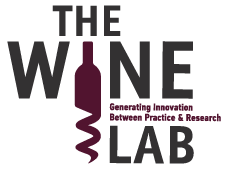Case study: Teroldego rotaliano. Introduction to the grape variety
- It is an autochthonous variety mainly farmed in three municipalities of the Rotaliana area: San Michele all’ Adige, Mezzocorona, Mezzolombardo. They all lili in the province of Trento, Italy
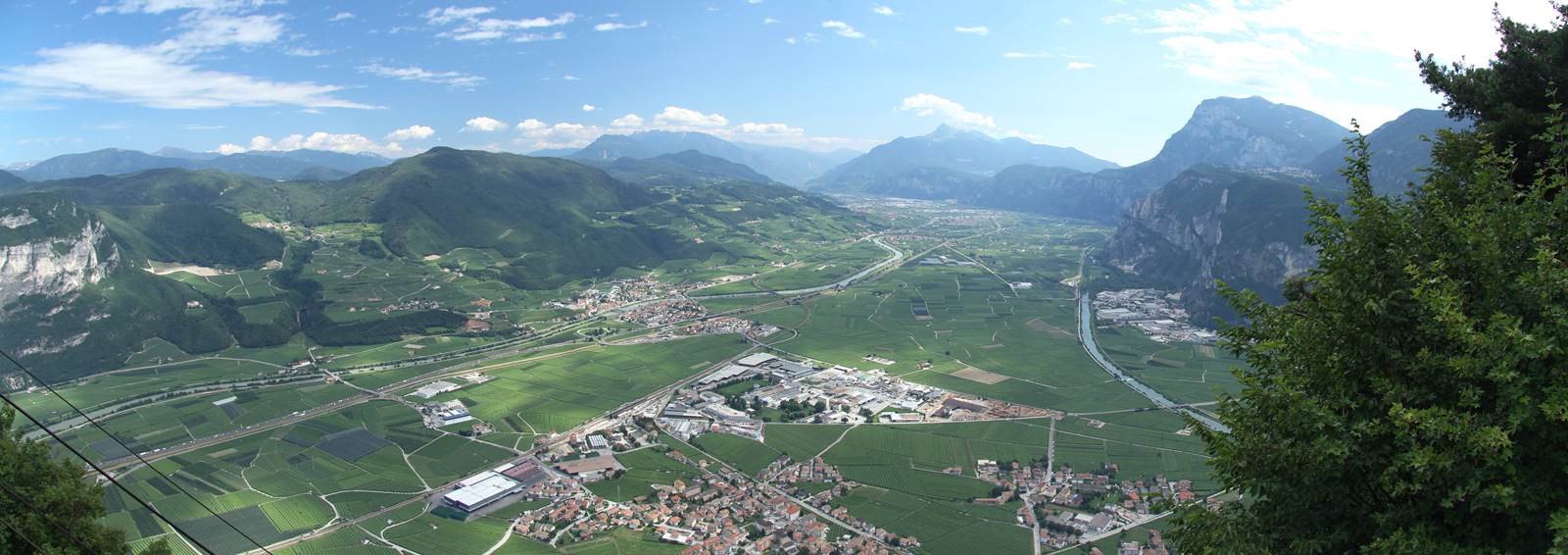
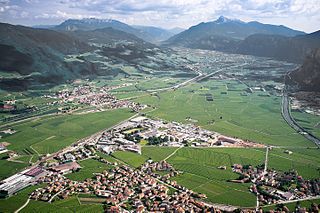
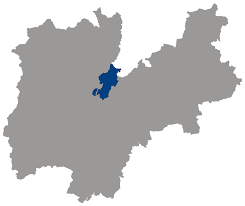
In such area, there are:
- Large producers like Cantina Rotaliana di Mezzolombardo and Cantina Nosio Mezzacorona
- Long-standing wine producers of medium enterprisers: Azienda Agricola Foradori, Marco Donati, Endrizzi to name some
- Small producers that confer their grapes to local wineries
Case study: Teroldego rotaliano. The sustainability of the winegrowers
- Small producers (that only cultivate the grapes but do not process them) get their grapes to be sold in the production areas (so they have a low transport cost of the raw material)
- Peer and consulting services are easier since the majority of the producers cultivate the same local varieties (smaller costs associated with production)
- Fertilisers and anti-cryptogamic products are carefully planned (time optimization)
Case study: Teroldego rotaliano. Enhancing the territory
Such events are organised yearly to enhance and put an added value to the variety Teroldego rotaliano:
- Concorso valorizzazione Vini Territorio: il Teroldego rotaliano. This is a national event focused on the local grape variety where journalists and experts all over Italy taste the Teroldego wines produced in the year. The best teroldego is awarded at Vinitaly (international fairy of wine)
- Teroldego Events: half a marathon running in the Teroldego fields and wineries where athletes are given local food and drinks. Advertising is indirect since the event has the name Teroldego acting as a resonance
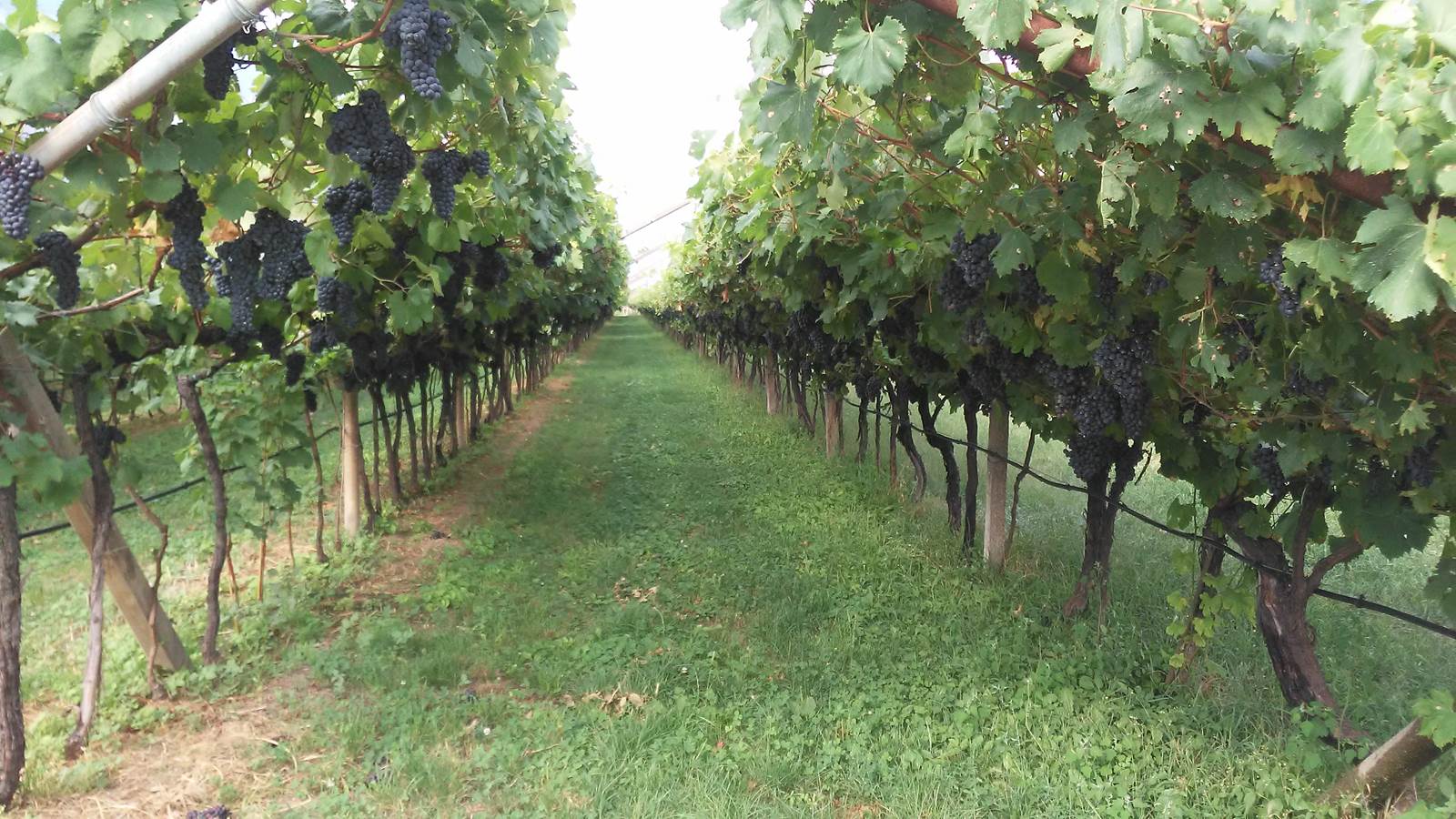
Case study: Teroldego rotaliano. The sustainability of the local structures
- The territory has the name of the local variety (Rotaliana in Rotaliana Plain which is the area where the three municipalities lie in) so they can both benefit
- In the area some hotels and facilities sell local products
- Local restaurants only use Teroldego rotaliano for local food recipes (i.e. Risotto al Teroldego)
→ From the social point of view, typical productions and traditions are safeguarded as a good example of sustainability.
